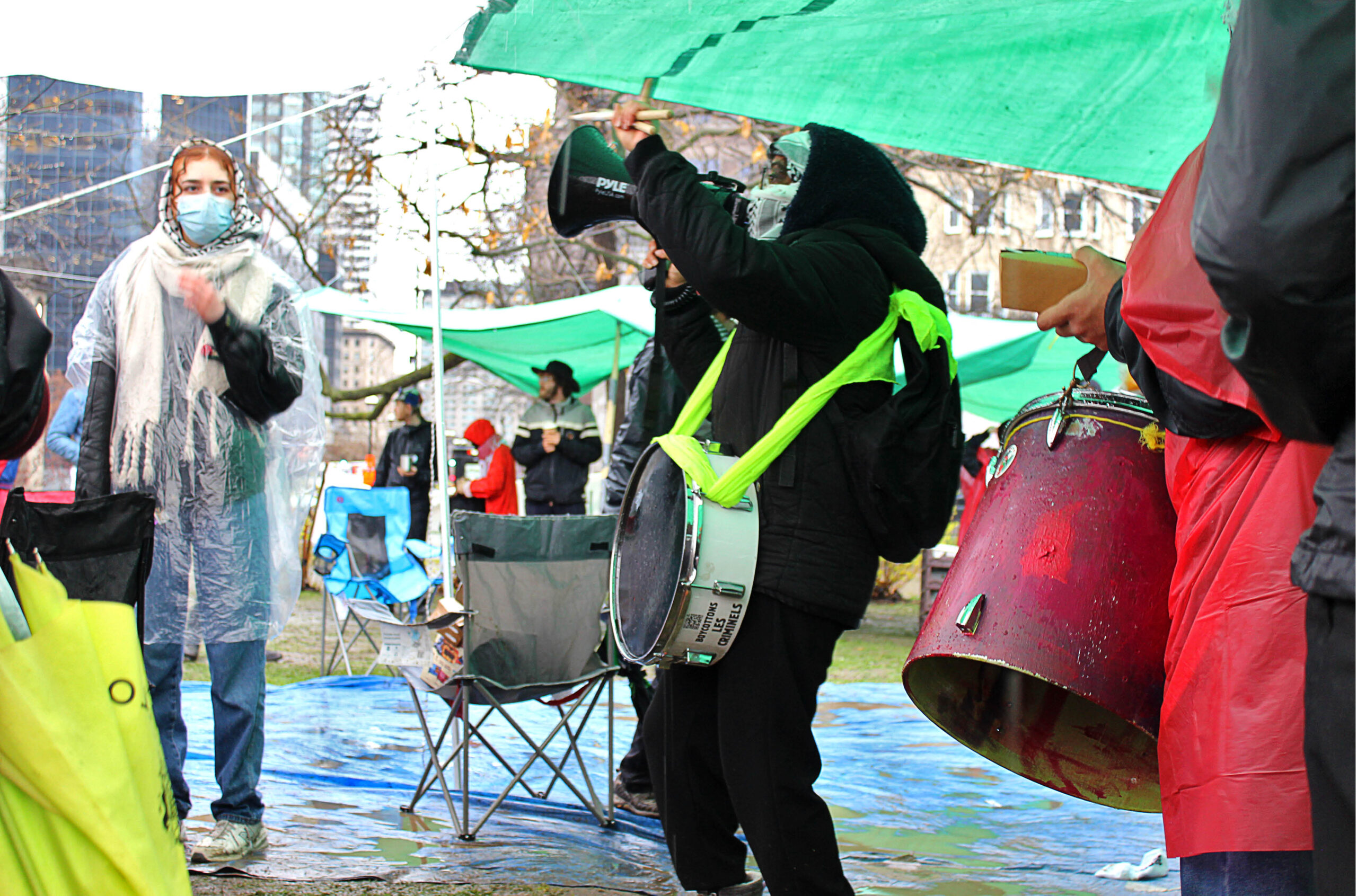A skills-based approach to academic integrity
While it is necessary to educate students on academic integrity and academic misconduct, these two concepts are often conflated.

Whether it’s the beginning of term or during the exam period, academic misconduct is always a topic for discussion. This can come in many forms. It could be a class discussion about the severity of plagiarism, a module on academic integrity that students are required to complete, or a definition of academic misconduct that’s included on a course syllabus. Although it’s necessary to educate students on academic integrity and academic misconduct, I’ve noticed that these two concepts are often conflated. Discussions of academic integrity are often framed in terms of academic misconduct. This can have a negative effect on skill development as otherwise honest students can become laden with fear, uncertainty, and doubt.
While academic misconduct most often involves a breach of honesty, to be an academic with integrity requires adhering to a broader set of virtues. The International Center for Academic Integrity, for example, regards academic integrity as a commitment to six overarching values: honesty, trust, fairness, respect, responsibility, and courage. This more holistic framework helps to tease apart the concept of academic integrity from academic misconduct. Students with integrity don’t simply avoid academic misconduct. Rather, they engage in behaviours that embody the numerous virtues of integrity. They take responsibility by going to class and studying for exams; they treat a topic fairly by conducting a full literature search; they trust their peers when working on collaborative projects; they have the courage to follow the trajectory of their thinking; and when it comes to writing, they have respect for their reader.
In my role as a writing instructor, I regularly see student worries about plagiarism manifesting in their written work. Perhaps the most prominent example is through excessive quotation. Many students opt to quote because it’s the easiest and simplest way to engage with the work of others. It’s easy because writers need not spend the time to fully grapple with the complex ideas that are being quoted. And it’s safe because as long as the quotation is cited correctly, there are no concerns about plagiarism. Using many quotations in a paper may be safe and easy, but it’s far from optimal. It doesn’t respect the reader’s experience. From a stylistic standpoint, a paper littered with quotations has no consistent voice. From a critical thinking standpoint, the reader begins to wonder what contribution the writer is making, and as the quotations continue, the reader may even question if the writer understands the quoted passages. In such instances, it’s likely that the student’s fear of academic misconduct has shrouded their scholarly virtues of respect and courage.
From a writing perspective, academic integrity should not be reduced to discussions about plagiarism. By adopting a broader conception of academic integrity, faculty across the disciplines have an opportunity to develop student skills. This can mean developing a scaffolded writing assignment structure that includes an article summary or an annotated bibliography to help students develop the foundational writing skills of summary and paraphrase. It can mean having students submit a draft paper before their final paper, so they develop the habit of building in time to revise their work. It can mean including a peer review exercise into the course, which helps to normalize the process of seeking feedback to improve one’s writing. Ultimately, these pedagogical practices can help students recognize that writing is a process, a key lesson that all writers with integrity learn.
In addition to course design, this broader framework of academic integrity can inform our teaching of writing. For example, students are rarely taught how to paraphrase the work of an author. It’s often assumed that university students should have already developed this skill. It’s also often assumed that paraphrasing is simple. According to Bloom’s Taxonomy, paraphrasing occurs at the “understanding” level, which is one of the bottom rungs on the pyramid of skill complexity. But at the university level, where students are reading, comprehending, and articulating difficult and nuanced ideas, Bloom’s categorization is a mischaracterization. Paraphrasing may be a foundational writing skill, but it’s not a simple skill that one masters before undertaking more complex writing tasks. Understanding the complex work of academic authors is difficult. Having the skills to then clearly and concisely articulate that complex work into one’s own words is extremely challenging. It’s a skill that requires ongoing practise. If we expect students to write with integrity, we need to teach them these foundational and difficult skills and give them opportunities to practise.
Taking a more holistic approach to academic integrity does not entail ignoring academic misconduct. These discussions are necessary, but they can be positioned within a larger framework that’s more conducive to the development of student skills. By shining a light on the various scholarly virtues, we can provide a positive model for students to aspire to.
James Southworth is a writing consultant at the teaching and learning centre at Wilfrid Laurier University.
Featured Jobs
- Veterinary Medicine - Faculty Position (Large Animal Internal Medicine) University of Saskatchewan
- Business – Lecturer or Assistant Professor, 2-year term (Strategic Management) McMaster University
- Education - (2) Assistant or Associate Professors, Teaching Scholars (Educational Leadership)Western University
- Psychology - Assistant Professor (Speech-Language Pathology)University of Victoria
- Canada Excellence Research Chair in Computational Social Science, AI, and Democracy (Associate or Full Professor)McGill University















Post a comment
University Affairs moderates all comments according to the following guidelines. If approved, comments generally appear within one business day. We may republish particularly insightful remarks in our print edition or elsewhere.
1 Comments
Great article! As an associate dean who deals with academic integrity, I echo your call for a discussion about what academic integrity is, before jumping to a discussion of how to avoid plagiarism. And I agree that actually teaching university students some of these skills, such as paraphrasing, is critical.